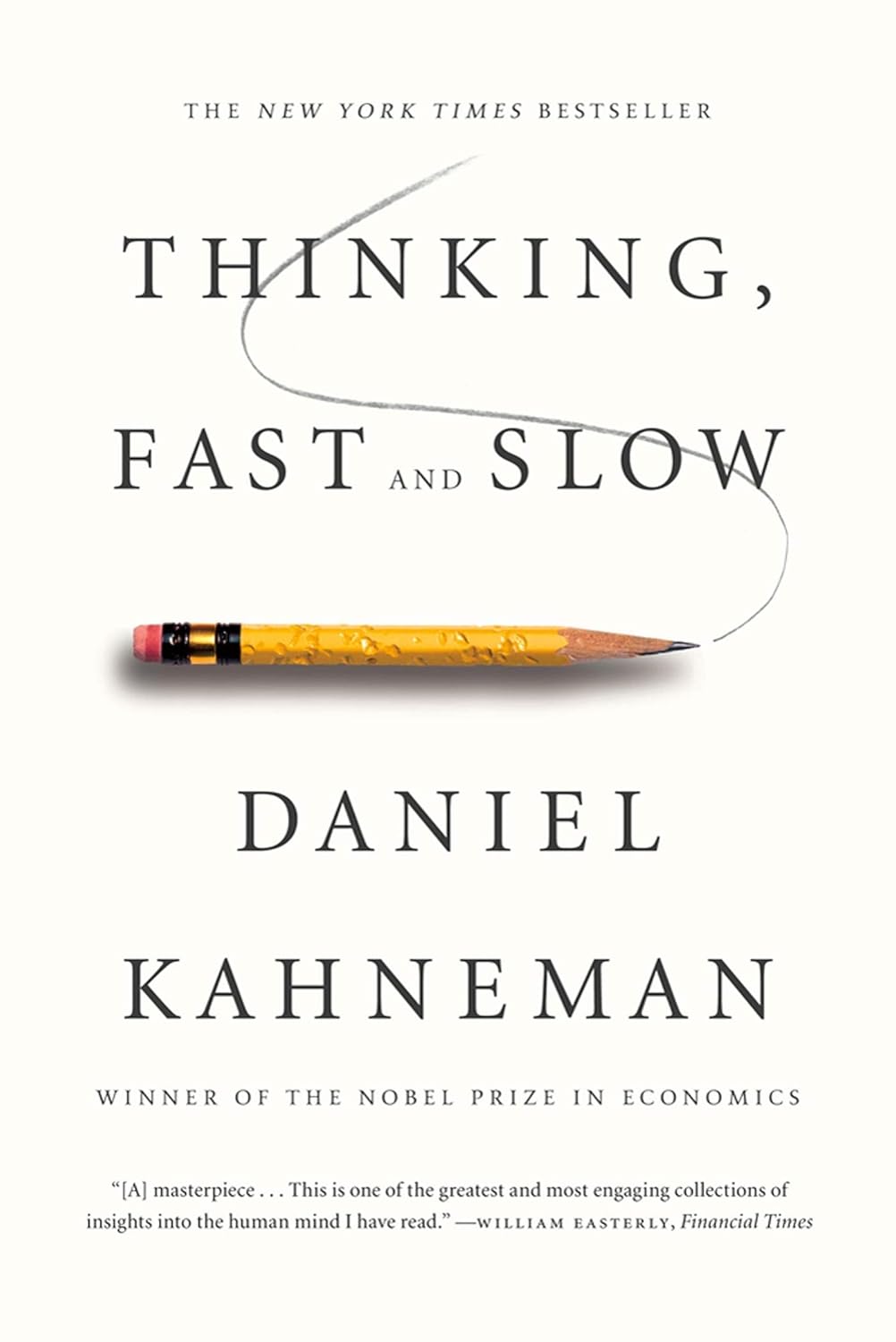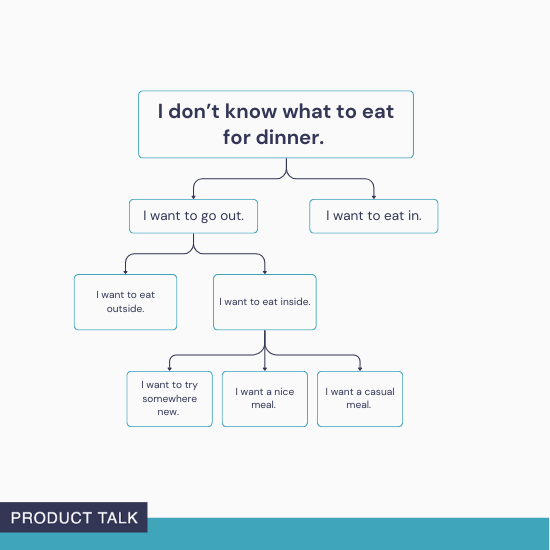Box CEO Aaron Levie on the future of enterprise AI
The buzz in Silicon Valley around AI agents has many asking: What’s real and what’s hype? Box’s cofounder and CEO, Aaron Levie, helps decipher between fact and fiction, breaking down the fast-paced evolution of agents and their impact on the future of enterprise AI. Plus, Levie unpacks how AI is really being adopted in the workplace and what it takes to legitimately build an AI-first organization. This is an abridged transcript of an interview from Rapid Response, hosted by the former editor-in-chief of Fast Company Bob Safian. From the team behind the Masters of Scale podcast, Rapid Response features candid conversations with today’s top business leaders navigating real-time challenges. Subscribe to Rapid Response wherever you get your podcasts to ensure you never miss an episode. I talked with Marc Benioff at Salesforce several months ago about his embrace of AI agents, but the use of his agents hasn’t quite taken off the way he hoped. I know you launched Box AI Studio to help organizations build their own custom AI agents. I’m curious how that’s going. So far, it’s either at or exceeding our expectations on all the use cases that customers are coming up with. So we’re pretty blown away about what we’re starting to see. We’re still very early days to be clear, but the rate of adoption is going fairly exponential, and the imagination that customers now have on this is blowing us away. I’ve rarely been in a customer conversation, either one-on-one or at a dinner, where I’m not hearing about a new idea that the customer has for Box AI that we did not already have on a whiteboard. And what’s exciting—and this is counterintuitive, I think, to a lot of folks outside of AI—you initially sort of see AI in sci-fi and sometimes in news headlines, The New York Times or whatever, as like, “Okay, it’s going after jobs. It’s going to replace these types of work.” From my anecdotes, I’ve had at least 100 interactions with customers in the first quarter of this year, the vast majority, 80%, I’m guessing, the bulk of the time of AI use case kind of conversation was spent on things that the company didn’t do before AI. So it wasn’t, “Hey, I want to take this type of work, and I want AI to go replace it.” There’s a type of work that we never get around to in our company. I want AI to go and do that, because finally, it’s affordable for me to deploy AI agents at the kind of work that we could not fund before. It’s opening up people’s imagination to, “Hey, I’m like sitting on 50,000 customer contracts. What if I could have an AI agent go around all those customer contracts, and figure out which customers have the highest propensity to buy this next product from me?” And this is not something that they would have people ever do. So it’s not replacing anybody’s job. They never said, “Oh, let’s have 50 people go read all the contracts again.” It just never happened. But now, if it only costs them $5,000 for an AI agent to go do that, they would do that all day long. And then guess what? When they get those insights, they’re probably going to now have more work for the humans in their business to go and do as a result of this, that hopefully, if it’s effective, drives more growth in their business—which then causes even more productivity, and then ultimately hiring and growth. And so it’s not kind of everybody’s first instinct, but most of the use cases that we’re hearing about are things where, “Because it is now affordable to deploy AI at a problem, I’m actually expanding the set of things my company can go do, and then the work that we can now execute on.” And that’s not only very, I think, exciting, but I think it’s going to be the default case for most AI adoption in the enterprise. In some of the conversations that I have, it feels almost like some of the businesses and leaders, they don’t really know what they’re looking for from AI. And hearing you, it sounds a little bit like you have to think about your mindset on it a little differently to open up and find those things that are most valuable to you. Yes. Yeah, every business is going to be different because some of the upside is a virtue of your business model. What are the core parts of your business model that, as a result of access to information, can change or be modified or improved? If I am a law firm, I could either reduce my cost, because now AI is going to do more of the, let’s say, paralegal work, or I could expand my service offerings, because now, all of a sudden, my team can venture into more domains because they can take their expertise and use AI to augment that. The default assumption is, “Oh, no, it’s going to go after the hours of a law firm.” But once this technology hits an individual business, they can actually decide to expand their customer base. They can go after, previously, customers that would’ve been unprofitable for them to serve. So these industries are not as static and zero-sum. The software indus

The buzz in Silicon Valley around AI agents has many asking: What’s real and what’s hype? Box’s cofounder and CEO, Aaron Levie, helps decipher between fact and fiction, breaking down the fast-paced evolution of agents and their impact on the future of enterprise AI. Plus, Levie unpacks how AI is really being adopted in the workplace and what it takes to legitimately build an AI-first organization.
This is an abridged transcript of an interview from Rapid Response, hosted by the former editor-in-chief of Fast Company Bob Safian. From the team behind the Masters of Scale podcast, Rapid Response features candid conversations with today’s top business leaders navigating real-time challenges. Subscribe to Rapid Response wherever you get your podcasts to ensure you never miss an episode.
I talked with Marc Benioff at Salesforce several months ago about his embrace of AI agents, but the use of his agents hasn’t quite taken off the way he hoped. I know you launched Box AI Studio to help organizations build their own custom AI agents. I’m curious how that’s going.
So far, it’s either at or exceeding our expectations on all the use cases that customers are coming up with. So we’re pretty blown away about what we’re starting to see. We’re still very early days to be clear, but the rate of adoption is going fairly exponential, and the imagination that customers now have on this is blowing us away.
I’ve rarely been in a customer conversation, either one-on-one or at a dinner, where I’m not hearing about a new idea that the customer has for Box AI that we did not already have on a whiteboard. And what’s exciting—and this is counterintuitive, I think, to a lot of folks outside of AI—you initially sort of see AI in sci-fi and sometimes in news headlines, The New York Times or whatever, as like, “Okay, it’s going after jobs. It’s going to replace these types of work.” From my anecdotes, I’ve had at least 100 interactions with customers in the first quarter of this year, the vast majority, 80%, I’m guessing, the bulk of the time of AI use case kind of conversation was spent on things that the company didn’t do before AI. So it wasn’t, “Hey, I want to take this type of work, and I want AI to go replace it.”
There’s a type of work that we never get around to in our company. I want AI to go and do that, because finally, it’s affordable for me to deploy AI agents at the kind of work that we could not fund before. It’s opening up people’s imagination to, “Hey, I’m like sitting on 50,000 customer contracts. What if I could have an AI agent go around all those customer contracts, and figure out which customers have the highest propensity to buy this next product from me?” And this is not something that they would have people ever do.
So it’s not replacing anybody’s job. They never said, “Oh, let’s have 50 people go read all the contracts again.” It just never happened. But now, if it only costs them $5,000 for an AI agent to go do that, they would do that all day long. And then guess what?
When they get those insights, they’re probably going to now have more work for the humans in their business to go and do as a result of this, that hopefully, if it’s effective, drives more growth in their business—which then causes even more productivity, and then ultimately hiring and growth. And so it’s not kind of everybody’s first instinct, but most of the use cases that we’re hearing about are things where, “Because it is now affordable to deploy AI at a problem, I’m actually expanding the set of things my company can go do, and then the work that we can now execute on.” And that’s not only very, I think, exciting, but I think it’s going to be the default case for most AI adoption in the enterprise.
In some of the conversations that I have, it feels almost like some of the businesses and leaders, they don’t really know what they’re looking for from AI. And hearing you, it sounds a little bit like you have to think about your mindset on it a little differently to open up and find those things that are most valuable to you.
Yes. Yeah, every business is going to be different because some of the upside is a virtue of your business model. What are the core parts of your business model that, as a result of access to information, can change or be modified or improved? If I am a law firm, I could either reduce my cost, because now AI is going to do more of the, let’s say, paralegal work, or I could expand my service offerings, because now, all of a sudden, my team can venture into more domains because they can take their expertise and use AI to augment that. The default assumption is, “Oh, no, it’s going to go after the hours of a law firm.” But once this technology hits an individual business, they can actually decide to expand their customer base.
They can go after, previously, customers that would’ve been unprofitable for them to serve. So these industries are not as static and zero-sum. The software industry . . . on one hand, everybody says, “Okay, if AI can do coding, then will we hire fewer engineers?” And in general, my argument is that we’ll probably hire as many—if not more—engineers if AI can get really good at coding, because what will happen is the productivity rate of our engineer goes up, which means that we can then ascribe a higher degree of value per engineer in the company.
So your ROI is even better on each of those positions?
Exactly. And take something like sales. If we can make a sales rep able to sell 5% more, because we give them better data, and they can prepare for a customer meeting that much better, or they can understand exactly the best pitch because they have access to all of Box’s data and they can ask it questions, I’m not going to just bank that as 5% more profit. Because what will happen is we’re going to internally, in some planning session, we’re going to get greedy, and we’re going to say, “Wait a second, that 5% gain that we just got in sales productivity, what if we reinvested that back into the sales team to grow even faster and get that much more market share?” And so you have an entire economy of companies making those individual decisions of, “Do you bank the profit, or do you use it to go and accelerate growth?”
And what we tend to know from history is that the companies that get too greedy on the profit side, you just end up leaving yourself vulnerable to being outflanked by competitors. So capitalism has a pretty convenient way of almost driving the sort of productivity gains of these types of innovations to get reinvested back into the business.
You’ve been talking about running Box in an AI-first way, and encouraging other leaders to do it. Are you like Shopify and Duolingo, who’ve announced that staffers have to justify anything that’s not AI-produced? What does AI-first mean?
Yeah. So for us, AI-first means that we want to use AI as a means of driving an acceleration of the customer outcome, an acceleration of decision-making, an acceleration of building new features. So just think about it as mostly a metric of speed. On one hand, you could think about AI as going after like a massive work, and you could say AI is going to remove some part of that massive work and do it instantly, so the massive work goes down, or think about work as a timeline, and not a mass. All we’re doing is trying to get through each step so that way, we can get to the next step and so on.
And everything’s faster.
And everything’s faster. So I want to have us use AI to move faster down the timeline, not just purely to reduce the total mass of work that we’re doing. There’s probably one pronounced difference versus, let’s say, the Duolingo memo. There’s some emerging idea, which is sort of you have to prove that AI can’t do this thing for you to get then head count, and our general instinct is actually the opposite. If you can prove that you can use AI, then that’s actually when you will get head count, because what we want is we want the dollars of the business to go back into the areas that are the increasing areas of productivity gain, because those areas will then be higher ROI for us over time.













































































































![Building A Digital PR Strategy: 10 Essential Steps for Beginners [With Examples]](https://buzzsumo.com/wp-content/uploads/2023/09/Building-A-Digital-PR-Strategy-10-Essential-Steps-for-Beginners-With-Examples-bblog-masthead.jpg)




















































